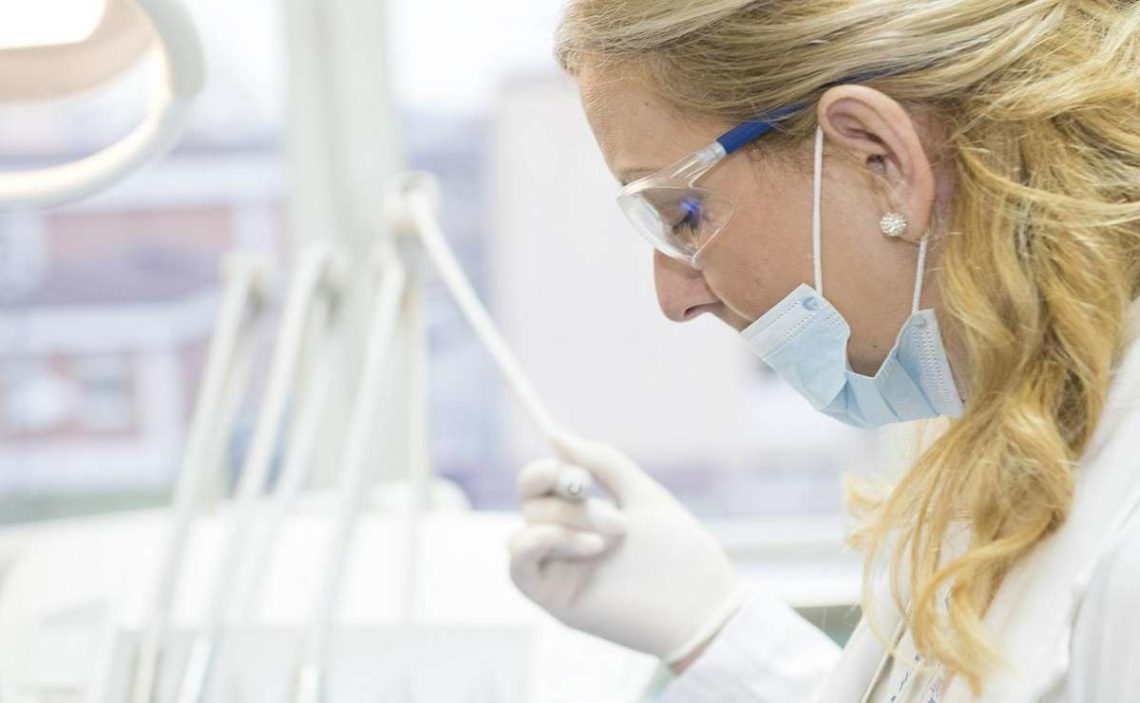Millions of Americans are diagnosed with a sexually transmitted disease (STD) or sexually transmitted infection (STI). Both can be asymptomatic but can be serious if not treated early, so getting tested for STDs is a must on a routine basis, but if you don’t have insurance, it could be a little more expensive.
Getting this type of testing can become confusing and costly, especially if you don’t have insurance. Therefore, I invite you to read on because here you will find all the related information you need to know about it, so you will know when to get tested.
How much is an STD test at Planned Parenthood?
There are various ways to get tested without insurance, from labs to at-home testing. Options vary in price depending on the source and the specific test. One of the most recognized institutions for this type of testing is Planned Parenthood.
Prices for testing are usually in the $130 to $270 range. Depending on the different options you choose, you will have to make a payment. Home rapid tests tend to be a bit cheaper, and these can start at a base price of $59, although this is not true for all diseases. Some kits can go for much higher prices, especially if they are complete kits with all the tests, and these can go as high as $500.
Depending on where you live, you may find free and low-cost tests. The Centers for Disease Control and Prevention, or CDC, has a database of zip codes where testing is free or cheaper.
Additional Costs Associated with STD Testing
It is important to consider that there are often unforeseen additional costs with an STD screening test. After reviewing the results, these costs may include doctor’s visits, lab fees, or treatments you may need.
Typically these associated costs can range from $40 to $350, depending on the care you may need.
Are there STD home tests?
Nowadays, we find different STD home testing kits available in the market. Thanks to this type of test, you will be able to take the test yourself, which can be a genital swab or a finger prick to obtain a blood sample.
With this type of kit, you can collect urine or swab your genitals and then send the tests to a laboratory for diagnosis—many suppliers of this type of test, such as Mylab Box, LetsGetChecked or EverlyWell.
Accuracy of home tests
Home tests are usually considered quite accurate, with some claiming accuracy of 92% or better. It is similar to the results obtained with laboratory tests.
Home tests may be a better solution for populations that did not undergo any testing or refuse clinical examination. However, these tests are also known to generate a higher than average false positive rate.
If you use a home kit and get a positive result, it is best to call a specialized service such as Planned Parenthood for testing that can confirm the diagnosis and get treatment.
When is it good to get tested for STDs?
Depending on the type of STD, there can be various symptoms ranging from mild to severe. Sometimes a person may be infected and show no signs at all.
You should get tested if you have any of the following symptoms:
- Pain when urinating
- Lower abdominal pain
- Vaginal or penile discharge
- Pain during sexual intercourse
- Thick, cloudy, or bloody discharge
- Heavy menstrual bleeding
- Anal itching
- Cauliflower-shaped warts
- Bleeding with intercourse
- Testicular pain
If you have any of these symptoms, it is best to get tested as soon as possible to determine if you have a disease.
If you are sexually active with multiple sexual partners, routine testing is always recommended, even with no symptoms. It would help if you did testing annually or every 3 to 5 months for people who engage in riskier behaviors.
If you do not have insurance, you should be aware that the cost of testing can be a bit high. Although, as we have already mentioned, these can be low cost or free of charge in some areas.
What are the most common sexually transmitted diseases?
There is a wide variety of sexually transmitted diseases. However, some are more common than others, among which we find:
- Human papillomavirus or HPV.
- Trichomoniasis
- Chlamydia
- Genital herpes
- Gonorrhea
- Syphilis
- HIV
You should keep in mind that the more sexually active you are and the more partners you have, the more likely you are to contract these diseases. For this reason, regular testing is essential for early treatment to prevent serious health problems from occurring.
Where can I get a free test?
Normally, free STD testing is available at various clinics in different cities of the state health department. Keep in mind that depending on your area, the tests may or may not be free, so sometimes, you may have to go to another area to request a free STD test.
A very good option is to search the CDC databases for free testing centers. In these cases, with your zip code, you will be able to find a clinic that offers you the service of free sample collection, thus achieving great versatility.


